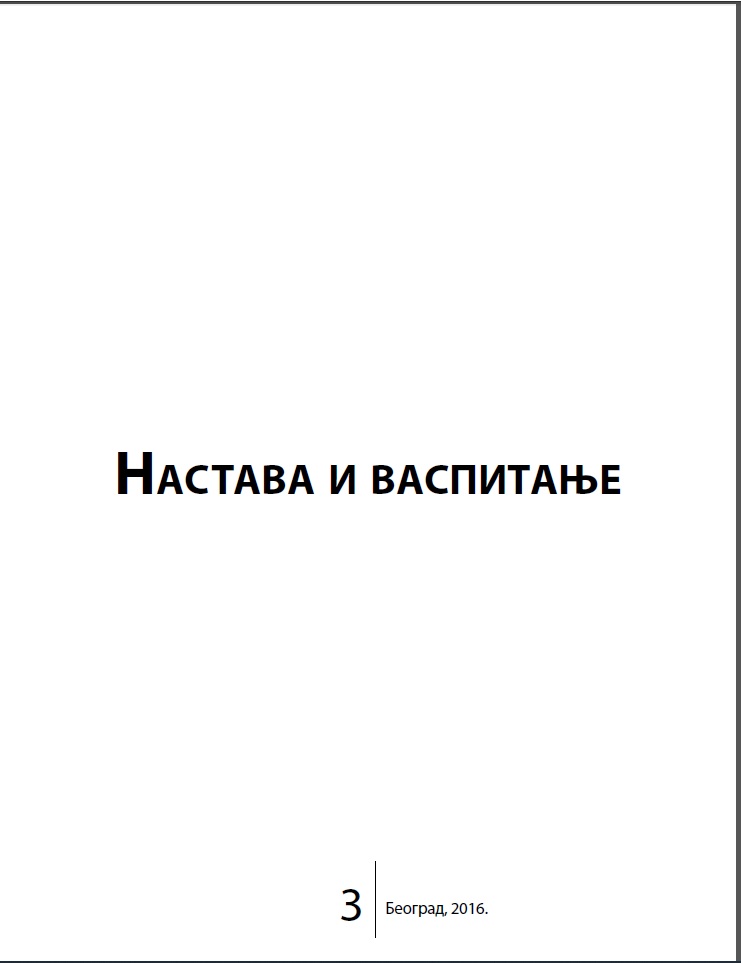Имплицитне теорије интелигенције и мотивација за учење математике код ученика средњих школа
Implicit theories of intelligence and motivation for learning mathematics in high school students
Author(s): Ilija MilovanovićSubject(s): Social Sciences, Education
Published by: Педагошко друштво Србије
Keywords: incremental theories of intelligence; entity theories of intelligence; motivation for learning mathematics; high school;;
Summary/Abstract: The paper focuses on the role of implicit views on the nature of intellectual abilities in high school students’ motivation for learning mathematics. The research aimed to establish the effects of two opposed concepts of the nature of intelligence on different aspects of motivation for learning mathematics, as well as to study the latent area of the Motivation Scale for learning mathematics. The sample comprised 514 high school students, 45.4% of them male. The instruments used in the research were the Implicit Theories of Intelligence Scale and the Mathematics Motivation Scale: enjoyment, interest, lack of motivation and usefulness. The results of four multiple regression analyses point to the conclusion that the “entity” view of the nature of intelligence contributes positively only to the lack of motivation factor, while incremental theories of intelligence have a positive effect on other aspects of high school students’ motivation for learning mathematics. In view of the fact that knowledge of the structure of motivation and the factors affecting it is of great importance for educational outcomes, it would seem that the role of motivational programs in the context of mathematical achievement is particularly important for students who consider intelligence an unvarying entity.
Journal: Nastava i vaspitanje
- Issue Year: 65/2016
- Issue No: 3
- Page Range: 509-524
- Page Count: 16
- Language: Serbian

